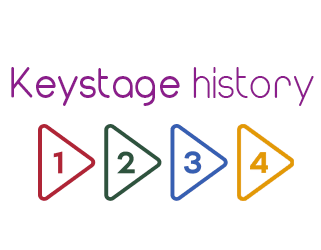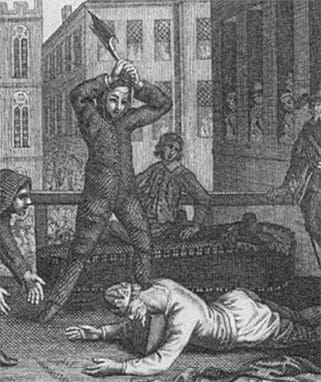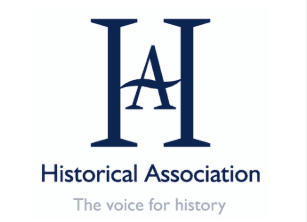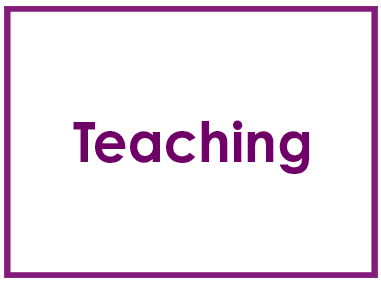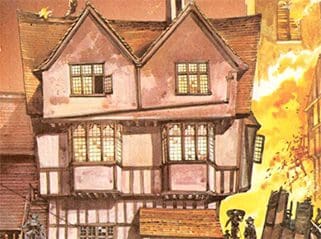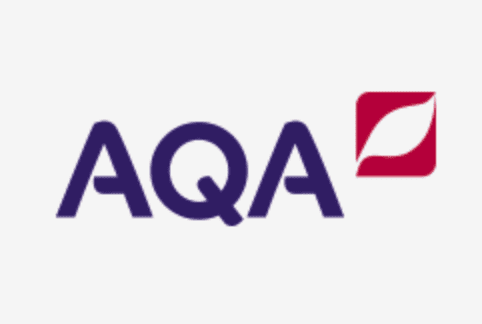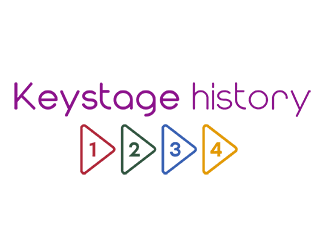
Last month the Historical Association published its annual survey of the state of history in its secondary schools. About 300 completed the survey so it is a reasonable sample. Several key issues emerged which are particularly relevant given OFSTED’s new focus on curriculum.
Most schools it now seems treat the national Curriculum as advisory rather than regulatory. Only 1 in 4 would describe their curriculum as anything more than closely aligned to the National curriculum. Crucially this means that history departments must now come up with their own compelling rationale. Not enough do in my opinion. And more worrying still is the pernicious influence of GCSE. Only 18% of schools deliberately avoided teaching KS3 topics which overlap with GCSE. Most based their curriculum choice on what would maximise success at GCSE. This is worrying. But even though GCSE is casting a long shadow over KS3 only 19% actually teach a local study at KS3 and only 36% include teaching topics of different time scales e.g. a thematic unit.
All this is particularly concerning as 44% of schools have reduced their KS3 teaching to just 2 years . So while having EBacc may have helped boost numbers for GCSE history, the impact on KS3 is alarming. And of course those lower-attaining students who follow a three year GCSE history course find themselves inundated with content and recall tests. Source analysis and work on interpretations, strongly introduced at KS3 , now play second fiddle at GCSE in an attempt to cover the content the very specific GCSE questions demand. It was never meant to be like this!

